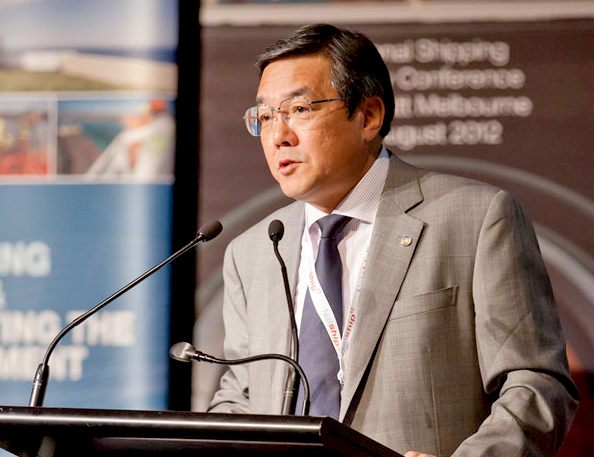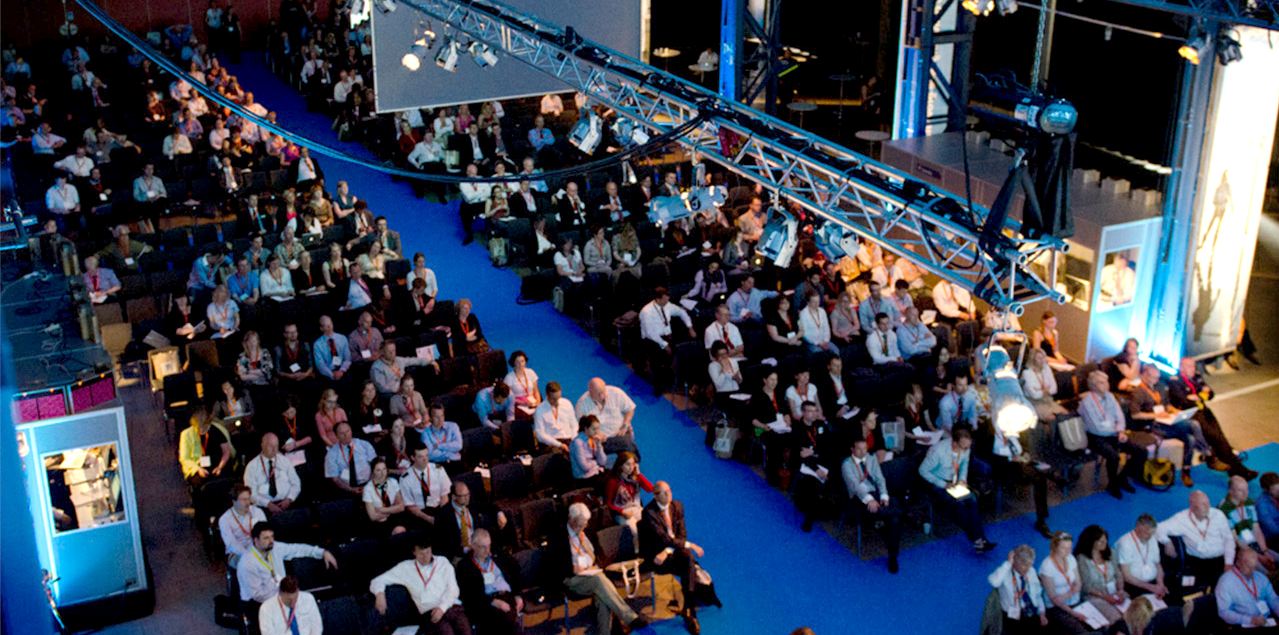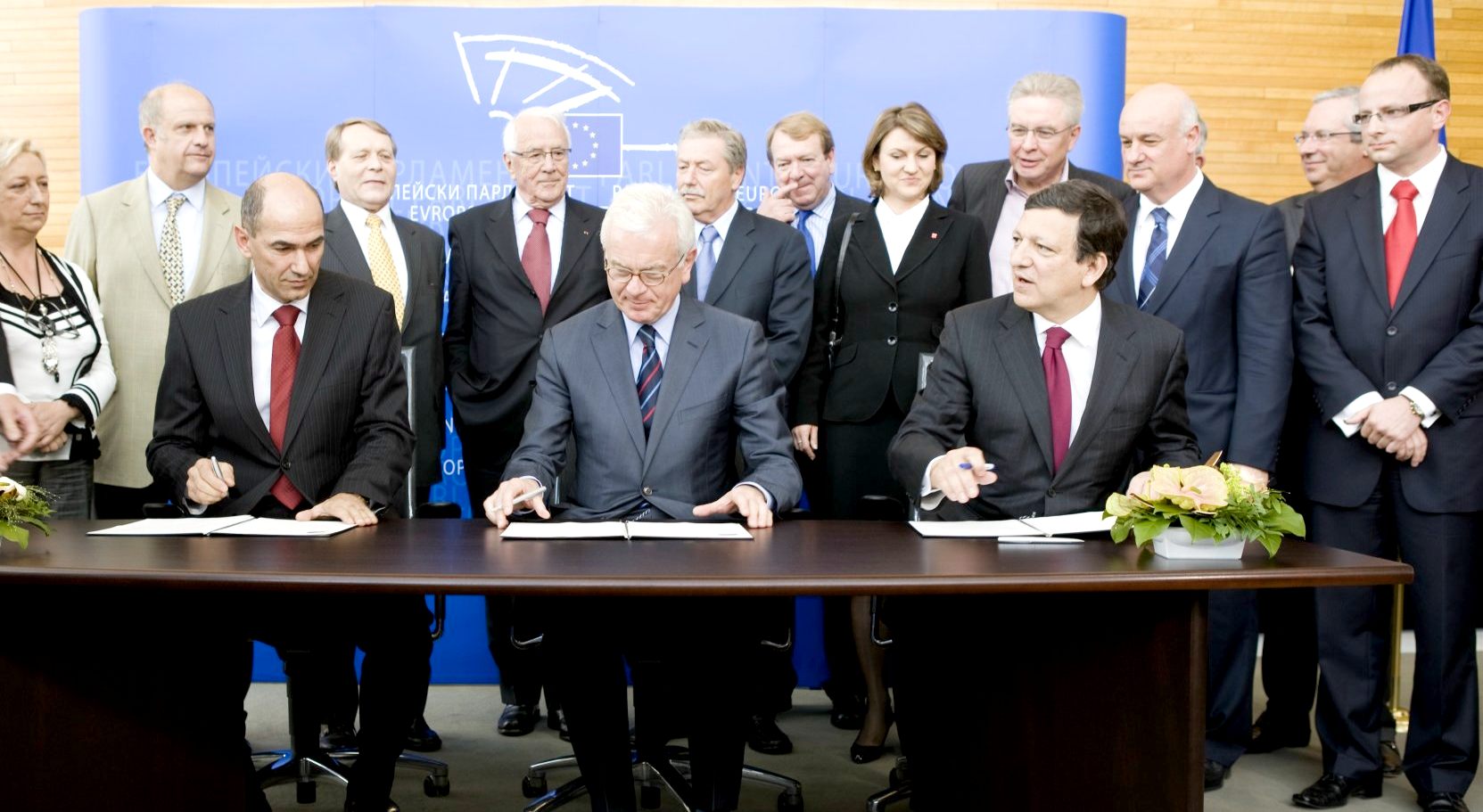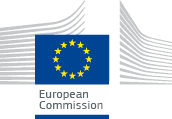|

KOJI
SEKIMIZU - Was elected Secretary-General of the Organization by the
106th session of the IMO Council in June 2011 for a four-year period
beginning 1 January 2012. The election was endorsed by the IMO's Assembly
at its 27th session in November 2011.
The city of Gothenburg
hosted the 2012 European Maritime Day Conference. The event
was held from 21 to 22 May in Eriksbergshallen at Eriksberg, Gothenburg, in the former shipyard area of central Gothenburg. The conference
was co-organised by the Directorate-General for Maritime Affairs and Fisheries, the Region Västra Götaland, the City of Gothenburg and the Swedish Ministry of Enterprise. The theme of this year's conference is "Sustainable growth from the oceans, seas and the coasts". Among the speakers are Commissioner Ms. Maria Damanaki, the Secretary General of the International Maritime Organisation, Mr. Koji Sekimizu, the Swedish Minister of Infrastructure, Ms. Catharina Elmsäter-Svärd, the Swedish Minister of Environment Lena Ek and the CEO of Shipping, Drilling and Ferries for Stena AB, Mr. Carl-Johan
Hagman.
Gothenburg is located on the west coast, in southwestern Sweden, about halfway between the capitals Copenhagen, Denmark, and Oslo, Norway. The location at the mouth of the Göta älv, which feeds into Kattegatt, an arm of the North Sea, has helped the city grow in significance as a trading city. The archipelago of Gothenburg consists of rough, barren rocks and cliffs, which also is typical for the coast of Bohuslän. Due to the Gulf Stream, the city has a mild climate and moderately heavy precipitation. It is the second-largest city in Sweden after capital Stockholm.
KEYNOTE
SPEECH - European Maritime Day - 21 May 2012
by
Koji Sekimizu
Secretary-General, IMO
“Sustainable Growth from the oceans, seas and coasts:
blue growth”
"Ministers, Commissioner, Excellencies, ladies and gentlemen,
Water covers around 70 per cent of our planet’s surface. Not only is it vital – in the strictly literal sense of the word – but it also provides a resource that supports our society in so many different ways. The world’s oceans provide raw materials, energy, food, employment, a place to live, a place to relax and the means to transport about 90 per cent of global trade.
The very identity of hundreds of countries and regions around the world is historically and geographically entwined with the sea and the oceans. Nowhere is this more true than here in Europe, where 22 of the EU’s 27 member states have a coastline and, if you will forgive a slight geometrical imperfection, the triangle formed by the continent is bounded by the sea on two of its three sides.
It is difficult to measure precisely the worldwide economic value of ocean-based goods and services, but all estimates place the figure in the trillions of dollars. There are many industries that rely entirely on access to ocean resources, services and space, such as maritime transport, offshore oil and gas, ports, renewable energy, fisheries, aquaculture, marine tourism, and seabed mining. These, in turn, generate other industries that are also dependent on maritime activities. In my own field, shipping, these include shipbuilding and repair, ship design, ship broking and chartering, vessel traffic management, pilotage, ships’ agency and many, many more.
If all of these are included in what one might call the ‘blue economy’ then it becomes clear that we are addressing a very sizeable industrial sector – and one that is growing, too. Ocean-based industries are already large and they are expanding rapidly.
But this situation has an inherent quandary: for the success and growth of these industries is actually threatening the integrity of the very element that sustains them, supports them and gives them life – the sea. It has been widely documented that the global marine environment and its resources are being degraded and over-exploited at an ever-increasing rate and scale. Species, critical habitats and the health of the marine ecosystem are all becoming endangered, to the extent where this is adversely affecting people who live in coastal regions and communities, worldwide, that depend on marine areas for food and livelihood.
Furthermore, conflicts in the use of ocean space and resources among the various stakeholders are increasing. Although the oceans cover such a large percentage of the earth's surface, they are becoming increasingly crowded.
So the search for growth in this sector – blue growth – is something of a balancing act. The varied and sometimes conflicting stakeholders all have a legitimate interest in the process, while the overall health of the seas themselves is a common concern. What is clearly needed is collaboration within and across different sectors to address impacts and reduce conflicts. Events such as this seminar provide a platform for such collaboration and help to ensure that stakeholders have the opportunity to engage constructively with one another – and I commend the Swedish hosts as well as the European Commission for the pro-active leadership role they have taken in organizing this seminar, to mark European Maritime Day.
Congratulations, Commissioner Damanaki. While I am delivering my speech at this hall, I feel nostalgic. As you may know, my background is in marine engineering and naval architecture and I feel the atmosphere of a workman place in shipbuilding yards – with the sounds and smell of the factory. Some thirty years ago, I was planning to visit Gothenburg as a part of a mission to visit European maritime clusters when I was working for the Japanese Ministry of Transport. That particular leg of the trip was cancelled and now, in this city, I feel nostalgic. But my speech today is not on my personal history and engagements.
“Blue growth” has been defined as "smart, sustainable and inclusive economic and employment growth from the oceans, seas and coasts". The key word here is “sustainable” – for which, again, there is a commonly accepted definition, namely “meeting the needs of the present generation without sacrificing the needs of future generations.”
This clearly suggests an integrated approach, with a long-term focus: an approach that not only responds to the world’s resource, climate and environmental challenges, but which also has an inter-generational element. As a maritime community, we need to ensure that growth is coordinated and planned, with input from all relevant stakeholders, and that opportunities for synergy are identified and taken. We also need to look forward – beyond the immediate economic cycle to future developments.
To achieve the development of sustainable economic and social growth based on the seas and oceans, when those seas and oceans are already under severe pressure, is a huge challenge. But this is the essence of blue growth and, I think, we are at the moment of the defining challenge for our community and our generation.
What “sustainability” really means, and of the necessity of achieving it, is, I think, gradually becoming the common knowledge of the public worldwide. What was once an aspiration is now an expectation. Indeed, sustainability has, itself, become a strong driver for growth. Whole new industries have developed as a result of it, and the quests for energy efficiency and new sources of power have inspired something of a renaissance in technological development and innovation.
Next month sees a crucial waypoint on the route to a sustainable and responsible future. I refer, of course, to the UN Conference on Sustainable Development, Rio+20, which will take place in Rio de Janeiro.
The two main themes of Rio +20 are the green economy – which espouses much of the same ethos as the “blue growth” concept being considered here today, but with a far broader scope; and the institutional framework for sustainable development.
Twenty years ago, the 1992 United Nations Conference on Environment and Development in Rio adopted the so-called ‘Agenda 21’, which included a set of recommendations related to shipping and the role of IMO. IMO’s responses have been both multifaceted and robust. At Rio+20, IMO will renew that commitment to sustainable maritime development.
Indeed, together with other UN Agencies, we have contributed to publications such as ‘A blueprint for ocean and coastal sustainability’ and ‘Green economy in a blue world.’ Also in the context of Rio+20, IMO and other stakeholders will hold a side-event during which we will focus on sustainable maritime development and what is needed to achieve it.
We will take the opportunity to highlight how, through its regulatory and technical co operation work, IMO will play a critical role in creating the conditions in which shipping will be able to play its part in a future green economy. Furthermore, IMO, in my view, also provides the ideal institutional framework for sustainable maritime development. This is the place where we, at IMO, also provide a contribution for the sustainable fishing industry. This year, in October, we will adopt a new areement to implement the Torremolinos Fishing Vessel Safety Protocol, at a Diplomatic Conference in South Africa.
I strongly believe that establishing a sustainable maritime transportation sector is essential to the development and growth of the world's economy as we move forward. But to achieve it will require the kind of coordinated and integrated approach to maritime policy. I believe that IMO is the place to integrate maritime policies on a global scale. I know that I can work with my European colleagues.
Ladies and gentlemen, shipping contributes significantly to the three pillars of sustainable development – social, environmental and economic. It facilitates global commerce and the creation of wealth and prosperity among nations and peoples, creating a wide variety of jobs aboard ships and ashore, with beneficial impacts, both direct and indirect, on the livelihoods of others.
But to achieve sustainable development in shipping, it is important to establish a coordinated and integrated approach to maritime policies. Energy efficiency, new technology and innovation, maritime education and training, maritime security, maritime traffic management and the development of maritime infrastructure are key elements to sustainable shipping, but these must be underpinned by global standards – standards developed and maintained by IMO.
We belong to a generation that has grown familiar with the image of our planet as seen from space; an image that instantly conveys the message that ours is a blue planet. And if our
planet is to sustain “blue growth”, such growth must be coordinated, integrated and inclusive. I look forward to what promises to be a fascinating and productive seminar that I feel sure will make a significant contribution towards that common objective.
Thank you."
ABOUT
THE CITY
Gothenburg is the second-largest city in Sweden and the fifth-largest in the Nordic countries. Situated by Kattegat, on the west coast of Sweden, the city has a population of approximately 580,000 in the urban area and about 1 million inhabitants in the metropolitan area.
Gothenburg was founded as a heavily fortified, primarily Dutch, trading colony, by royal charter in 1621 by King Gustavus Adolphus. In addition to the generous privileges (e.g. tax relaxation) given to his Dutch allies from the then-ongoing Thirty Years' War, the king also attracted significant numbers of his German and Scottish allies to populate his only town on the western coast. At a key strategic location at the mouth of the Göta älv, where Scandinavia's largest drainage basin enters the sea, the Port of Gothenburg is now the largest port in the Nordic countries.
Gothenburg is home to many students, as the city includes the University of Gothenburg and Chalmers University of Technology.
Volvo was founded in Gothenburg in 1927. The original, parent Volvo Group and the now separate Volvo Car Corporation are still headquartered on the island of Hisingen in the city. Other key companies are SKF and Astra Zeneca.
Gothenburg is served by Göteborg Landvetter Airport 30 km (18.64 mi) southeast of the city center. The smaller Göteborg City Airport, 15 km (9.32 mi) from the city center, was closed to regular airline traffic in 2015.
The city hosts some of the largest annual events in Scandinavia. The Gothenburg Film Festival, held in January since 1979, is the leading Scandinavian film festival with over 155,000 visitors each year. In summer, a wide variety of music festivals are held in the city, such as Way Out West and Metaltown.

GOTHENBURG
CONTACTS
Mässans gata 8
Box 29
401 20 Göteborg
Phone: +46 31 368 40 00
Email: redaktionen@goteborg.com
Website:
http://www.goteborg.com/en/
EMD
HEADLINE THEMES
*
Brussels 2008: "A regional approach to the implementation of Maritime
Policy"
*
Rome 2009: "Integrated Maritime Policy and the contribution of
maritime clusters"
*
Gijón 2010: "How to foster innovation?"
*
Gdansk 2011: "Maritime Policy: Putting People First"
*
Gothenburg 2012: "Sustainable Growth from the Oceans, Seas and
Coasts"
*
Valletta 2013: "Coastal Development and Sustainable Maritime
Tourism"
*
Bremen 2014: "Innovation driving Blue Growth"
*
Piraeus 2015: "Ports and Coasts, Gateways to Maritime Growth"
*
Turku 2016: "Investing in blue growth – smart and sustainable
solutions"
*
Poole 2017:
"The Future of our Seas"
*
Burgas 2018: Bulgaria "TBA" *
Lisbon 2019: Portugal "TBA"
*
Cork
2020: Ireland "TBA"
*
Den Helder 2021: The Netherlands "TBA" *
Ravenna 2022: Italy "TBA" *
Brest 2023: France "TBA" *
Svendborg 2024: Denmark "TBA"

CREATION -
The European Maritime Day (EMD) was officially created on 20 May 2008
where the President of the European Parliament Hans-Gert Pöttering,
Council President Janez Janša, and Commission President José Manuel
Barroso signed a Joint Tripartite Declaration establishing it.

CONTACTS
Enterprise Europe Network South West
Business West, Leigh Court
Abbots Leigh, Bristol, BS8 3RA
LINKS
& REFERENCE
http://www.imo.org/en/MediaCentre/SecretaryGeneral/SpeechesByTheSecretaryGeneral/Pages/europeanmaritimeday.aspx
http://ec.europa.eu/maritimeaffairs/maritimeday/en/home http://ec.europa.eu/maritimeaffairs/maritimeday/en http://ec.europa.eu/maritimeaffairs/maritimeday/en/about-emd http://ec.europa.eu/maritimeaffairs/maritimeday/en/exhibition
ACIDIFICATION
- ADRIATIC
- ARCTIC
- ATLANTIC
- BALTIC
- BAY
BENGAL - BERING
- CARIBBEAN
- CORAL
- EAST
CHINA SEA
ENGLISH
CH - GOC
- GULF
GUINEA - GULF
MEXICO - INDIAN
-
IOC
- IRC
- MEDITERRANEAN
- NORTH
SEA - PACIFIC
- PERSIAN
GULF - SEA
JAPAN - STH
CHINA - PLASTIC
- PLANKTON
- PLASTIC
OCEANS - SEA
LEVEL RISE - UNCLOS
- UNEP
WOC
- WWF
|


